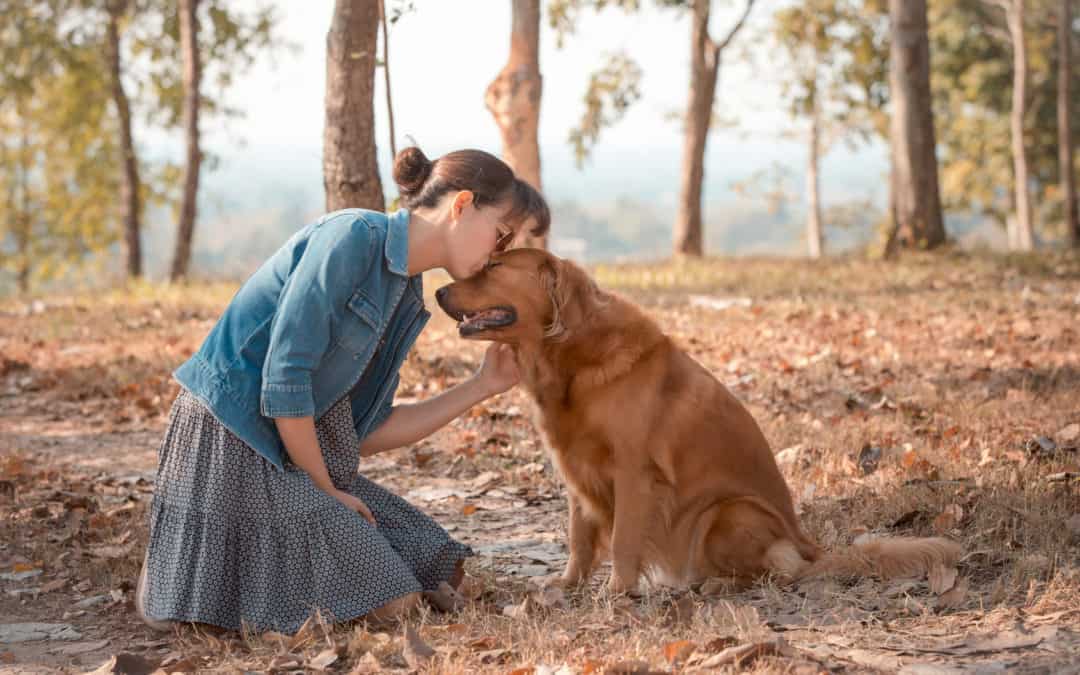I’m writing this having found a quietish spot in the hospital that my mother in law is currently in. She’s pretty poorly right now and unlikely to get better so I’m here with my husband to support him. She doesn’t recognise me or my name but does know who my husband is today.
So today’s blog is a little more philosophical than usual, but I think it’s the way my blog posts are likely to go in the future anyway. You see for me learning about dog training has changed a lot about my life.
I started learning about dog training when we got our first puppy in 2003. He was a German Shepherd from a breeder in north London. I read a lot about how to train a dog, and German Shepherds in particular. I was lucky, the very first book I picked up about dog training was The Dog Whisperer: A compassionate, non violent guide to early training and care by Paul Owens (A guy who was the original dog whisperer before Milan starting using the moniker).
It was a book I found in the local Waterstones – a time I actually spent hours in a real live book shop and didn’t just go straight to Amazon…… I had no idea how fortunate I was to have found that book first. I didn’t pick it up because it had the words compassionate or non violent in the title – I was blissfully unaware that dog training could be non compassionate or violent. I don’t know what made me pick it up over the other books on that shelf that could have taken my journey on a very different path, but I’m glad I did.
That book introduced me to the idea of using food to train my puppy, and then a colleague at my then job reaffirmed this notion in a short conversation we had just before I picked my puppy up. He said the words (I’m probably paraphrasing) “there’s recent evidence to suggest that dogs learn better by rewarding them with treats”.
He was right and wrong – it wasn’t recent research, and it doesn’t need to be treats although food does make it easier on us, but the sentiment of his statement stands. What he probably doesn’t know is that the idea of recent research on dog training intrigued me and set me on a path to devour as much material as I could lay my hands on as possible. Thanks Charlie.
That desire to know more has never left me. I’ve always been that annoying person that wants to know why, that enjoyed solving equations for fun, that loved physics exercises to determine laws from first principles. I would often pick up interest in something only for it to wane after a while though. Only a couple of subjects have ever kept my enthralled for years – maths, physics, dog training – which these days has morphed more into behaviour generally.
I find the different facets of behaviour riveting, compelling even. I can’t get enough of it. With its twists and turns and eureka moments it’s made its way to the top of my ‘want to know more’ list. I’m pretty sure it’s set to stay there too.
For me though learning about behaviour isn’t just about getting the learner to do something or change something. It’s about learning how to get the learner to change or do something the best way possible. With the least amount of stress. With the learner as a willing participant.
There’s an ethical question here. Or maybe a moral one – I’m not sure I know what the difference is between ethics and morals actually.
Anyway…. there are lots of methods that I know will work to change behaviour. But it’s important to me to consider whether the ends justify the means. For me the answer is no.
Choice and control is important and sacrosanct. Just because we can doesn’t mean we should. This has been brought home to me today visiting my mother in law. Right now she has very little choice or control – she’s extremely sick.
And yet.
The nurses introduce themselves to her each time they enter the room because she doesn’t always remember them. They ask her consent every time they change a drip, they ask her if she’s in pain, if she wants a drink. They ask her questions all the time. How’s she’s feeling, what she’d like, is this OK?
These may seem like little things and maybe they are, but I think they are vital. It would be easy to just go into her room and change her drip without saying a word – she’s not in a position to protest or move away. But this treatment gives her a level of control in her world right now, she’s part of things.
And that’s the way I think about my life with dogs. They are part of things, they should have choice and control in their lives wherever we can provide it. After all we decide when they eat, when they sleep, when they get to go for a walk, even if and when they’ll have sex. Well except for that time Breckin tied with Fraggle when she was in season and I turned my back for half a second……..
All training has some level of manipulation about it, we are after all trying to change behaviour. Because of that I think we owe it to our learner to always be asking questions. How do you feel about this? Is this OK? And just as important, we need to honour the answer.
More on this and other musings another time. My advice for today? Tell your loved ones you love them while they are still able to hear you.

